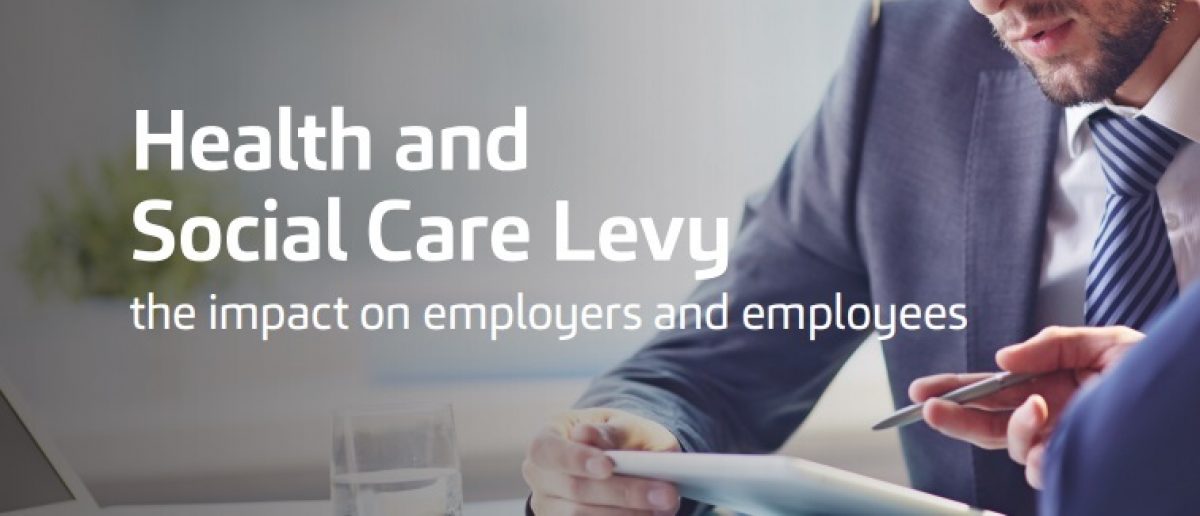
The Government has recently announced it will introduce new UK-wide Health and Social Care Levy which will mean significant extra costs for both employers and employees.
The Levy will be charged at 1.25 percentage points on amounts such as employee earnings that are subject to National Insurance Contributions (NIC). Funds raised by the Levy will be ringfenced for health and social care purposes.
What will this mean for employers and employees?
Employers pay NIC in several ways - on salaries, bonuses, and many employee benefits. The rates for those different kinds of NIC are all currently 13.8%. Following the 1.25 percentage point increase in NIC from April 2022, and subsequent Levy from April 2023, employers will pay NIC at an effective rate of 15.05%. Employees have NIC deducted at source at different rates depending on their level of earnings, and each of those rates will also increase by 1.25 percentage points.
Could salary sacrifice arrangements help to mitigate costs?
At present, NIC savings are possible using salary sacrifice, where employees forego salary in exchange for more tax / NIC-efficient benefits in kind. Salary sacrifice is a key feature of employers’ flexible benefit arrangements, particularly where salary is sacrificed for enhanced employer pension contributions or to provide Ultra Low Emissions vehicles such as electric cars. Dealers should consider whether salary sacrifice arrangements may be beneficial in the interim, to help offset some of the increased NIC costs.
Download here the full update from MHA
